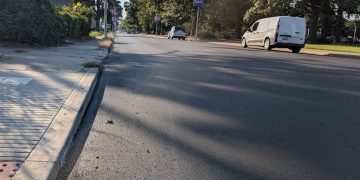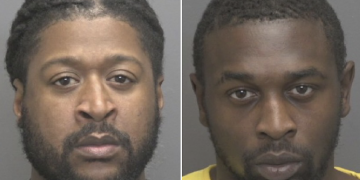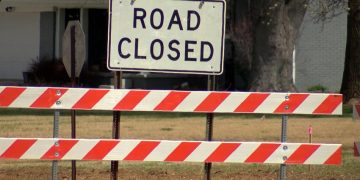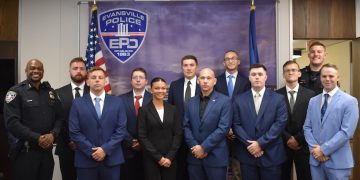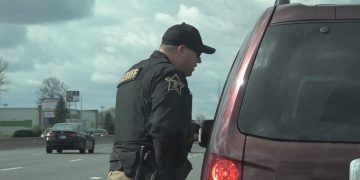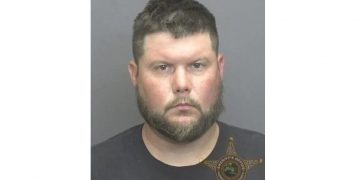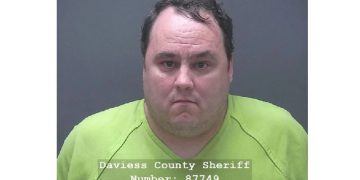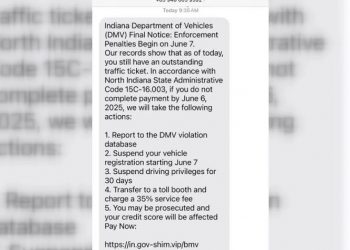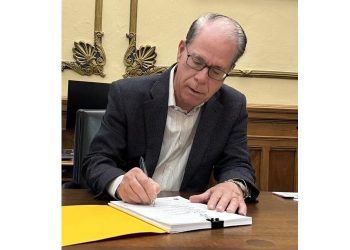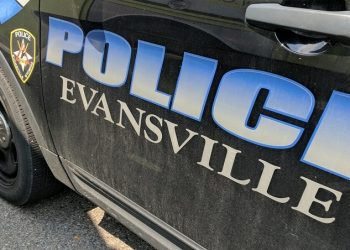Indianapolis, Indiana – If you’re anything like me, you don’t usually pick up the phone when you get an unexpected call from an unknown number. You choose to ignore the ringing and wait to see if the caller leaves a voicemail before deciding whether or not to get in touch with them again.
For those who are the type to answer calls from numbers that they are not familiar with, the experts remind us that con artists frequently use techniques known as “spoofing” to make it appear as though they are calling from a different location, sometimes even our own city or town. To start, a call from within the area is more likely to be accepted as legitimate. Calls coming from area codes that are known to be frequently used in con jobs can be blocked by many different types of phone systems. Scammers will “spoof” their phone numbers in order to avoid having their calls blocked by the automated caller ID system.
However, there are instances in which calls from international locations are successfully completed. The staff members at Social Catfish have compiled a list of five area codes that you should never pick up the phone when they call.
Criminals frequently use scams involving Antigua and Barbuda to make use of area code 268 because it is associated with those countries.
In Jamaica, area code 876 is frequently utilized in fraudulent schemes involving work-from-home scams and lottery schemes.
Scammers are also known to use the area codes 473 in Grenada, 649 in the Turks and Caicos Islands, and 284 in the British Virgin Islands. These area codes can be used to commit a variety of different types of fraud.
According to those who specialize in cyber security, it is best practice to ignore calls that originate from any of the area codes listed above.
It is possible that you do not have all of these phone numbers committed to memory, and as a result, you might not recognize the caller immediately if they dial your number. If you get a call from an unknown area code, your best bet is to let it ring and then look it up online to see if the area code is located in an area that is known to have a high concentration of scammers.
You also have the option of registering your cell phone number with the national Do Not Call registry, if you haven’t already done so. If you haven’t already done so, this step is optional. It is designed to block telemarketers, so it won’t stop all unwanted calls, but it will stop those. If your phone number is listed on that registry and you receive a call from someone who introduces themselves as a telemarketer, you can safely assume that the call is a hoax.
















